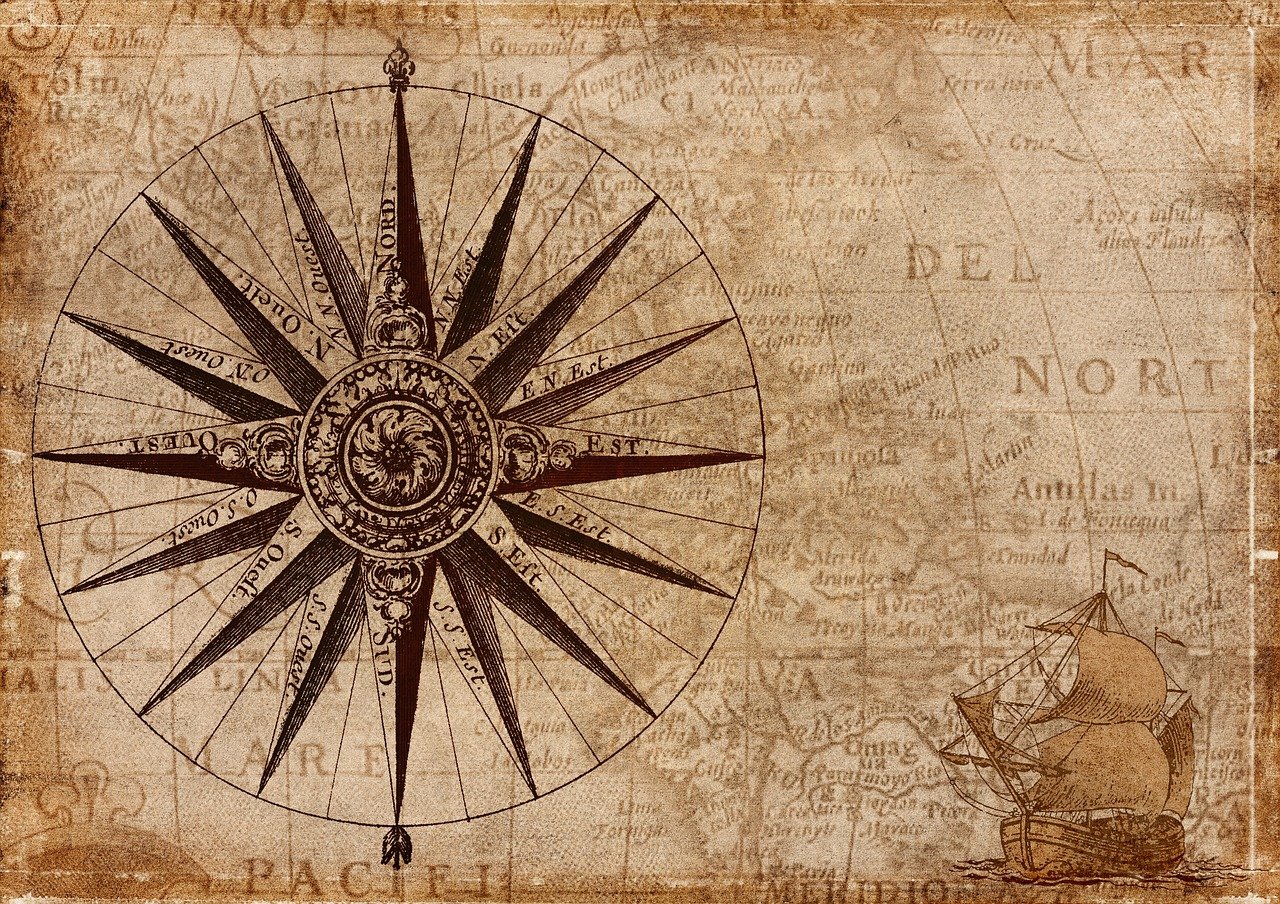Plato (427-348 BCE)
Plato (427-348 BCE), one of the most influential philosophers in history, is often regarded as the father of Western philosophy. His work, grounded in deep reflection on ethics, politics, metaphysics, and epistemology, has shaped not only the foundations of philosophy but also Western intellectual traditions more broadly.
Plato lived during a time of political upheaval and intellectual flourishing, which influenced his thoughts and philosophical pursuits. As a student of Socrates and the teacher of Aristotle, Plato occupies a central position in the classical tradition of ancient Greek thought, creating a lasting legacy that continues to resonate in modern times.
Table of Contents
Early Life and Influences
Plato’s early life was shaped by Athens’ socio-political environment. Born into an aristocratic family, Plato’s connections placed him in the midst of political affairs and philosophical inquiry from an early age. The Athens of his time was a powerful city-state, yet it was also grappling with the consequences of the Peloponnesian War and political instability.
Plato’s philosophical journey began under the tutelage of Socrates, one of the most prominent thinkers of the time. Socrates’ method of questioning and dialogue, known as the Socratic method, left a profound impact on Plato, who would later use this method in his own writings. Socrates’ death in 399 BCE, after being condemned by the Athenian democracy for corrupting the youth and impiety, deeply affected Plato and may have prompted his disillusionment with contemporary politics. This event likely contributed to Plato’s later philosophical exploration of justice, governance, and the ideal state.
Following Socrates’ death, Plato traveled widely across the Mediterranean, absorbing various intellectual traditions. His time in Italy, Sicily, and Egypt exposed him to diverse schools of thought, from the Pythagoreans’ mathematical mysticism to Egyptian religious and philosophical systems. These influences shaped his understanding of the world and contributed to his broad intellectual framework.
Plato’s Philosophy
Plato’s philosophy is vast and multi-faceted, covering subjects from the nature of reality to the structure of society. He is perhaps best known for his theory of Forms (or Ideas), a metaphysical framework that posits the existence of abstract, perfect entities that exist beyond the physical world.
According to Plato, the material world is merely a shadow or reflection of these perfect Forms, which represent the true nature of things.
Theory of Forms
The Theory of Forms is central to understanding Plato’s metaphysics. Plato argued that everything in the physical world is an imperfect representation of a higher, ideal form. For example, all physical chairs are imperfect copies of the perfect “Form of a Chair” that exists in a non-material realm. This realm of Forms, according to Plato, is timeless, unchanging, and more real than the physical world we experience.
In his famous work, The Republic, Plato illustrates this concept through the Allegory of the Cave. In this allegory, prisoners are chained inside a cave, only able to see shadows cast on the wall by objects behind them. To the prisoners, these shadows are reality, but in truth, they are only reflections of the real objects outside the cave. The philosopher, Plato suggests, is like a prisoner who escapes the cave and comes to understand the true nature of reality—the world of Forms. This allegory not only conveys Plato’s view of knowledge and reality but also serves as a metaphor for the philosopher’s role in society: to seek truth and enlightenment beyond appearances.
Epistemology
In addition to his metaphysical theories, Plato also developed a distinctive theory of knowledge. He believed that true knowledge, or episteme, is not derived from sensory experience, which is unreliable and changeable. Instead, Plato posited that knowledge is a form of recollection of the eternal Forms.
He argued that the soul, which is immortal, had access to these perfect Forms before birth and that learning is essentially a process of remembering these eternal truths.
Plato explains this idea in dialogues like Meno, where he uses the example of a slave boy who, through a series of questions, is able to solve a geometrical problem. Plato suggests that the boy did not learn the solution from the questioning itself but rather recalled knowledge from a previous, pre-bodily existence. This theory of recollection emphasizes Plato’s belief in the superiority of reason and intellect over sensory perception in the pursuit of knowledge.
Ethics and Politics
Plato’s ethical and political philosophy is closely intertwined with his metaphysical ideas. In The Republic, Plato presents his vision of the ideal state, which is based on the idea of justice and the harmonious structure of society. His ideal state is hierarchical, composed of three distinct classes: the rulers, the auxiliaries, and the producers. Each class corresponds to a part of the soul: the rational part (rulers), the spirited part (auxiliaries), and the appetitive part (producers).
For Plato, justice is achieved when each class performs its appropriate role without overstepping its boundaries. The rulers, who are philosopher-kings, govern based on wisdom and knowledge of the Forms, particularly the Form of the Good, which Plato considers the highest form. The auxiliaries, or warriors, protect the state, while the producers, consisting of artisans, farmers, and merchants, provide for the material needs of society.
Plato’s political philosophy emphasizes the need for a just and rational government led by philosopher-kings, who, through their knowledge of the Forms, are best equipped to make decisions for the good of the whole society. He was highly critical of democracy, which he saw as giving too much power to the ignorant masses, as exemplified by the trial and execution of Socrates. Plato’s ideal state is thus one in which reason, rather than popular opinion, reigns supreme.
Influence on Later Philosophy
Plato’s influence on later philosophy and Western thought cannot be overstated. His student, Aristotle, though critical of some of Plato’s ideas, developed his own system of thought in dialogue with his teacher’s work. The division between Plato’s idealism and Aristotle’s empiricism set the stage for centuries of philosophical debate.
In the medieval period, Plato’s ideas, particularly his metaphysical views, were integrated into Christian theology, especially through the works of philosophers like Augustine of Hippo. Augustine, influenced by Plato’s theory of Forms, interpreted the Forms as divine ideas existing in the mind of God. Plato’s distinction between the material and immaterial world also resonated with Christian concepts of the eternal soul and the transient physical world.
During the Renaissance, Plato’s works were rediscovered, and his philosophy inspired a revival of interest in metaphysics, ethics, and aesthetics. His ideas were taken up by various Renaissance thinkers who sought to reconcile classical philosophy with emerging humanist ideals.
In modern philosophy, Plato’s influence persists in discussions of metaphysics, epistemology, and political theory. The tension between idealism and realism, rationalism and empiricism, continues to shape philosophical discourse. Even contemporary debates on justice, governance, and the nature of reality can be traced back to Plato’s foundational work.
Weekly Popular
Newsletter
Subscribe to our newsletter to stay up-to-date on our latest news and announcements.






